1070 Resources
January 2026 Newsletter
January 27, 2026 | announcement
The monthly newsletter features the Pacific Institute’s research, publications, news about past and upcoming Institute staff outreach efforts, and media coverage of its work and analysis.
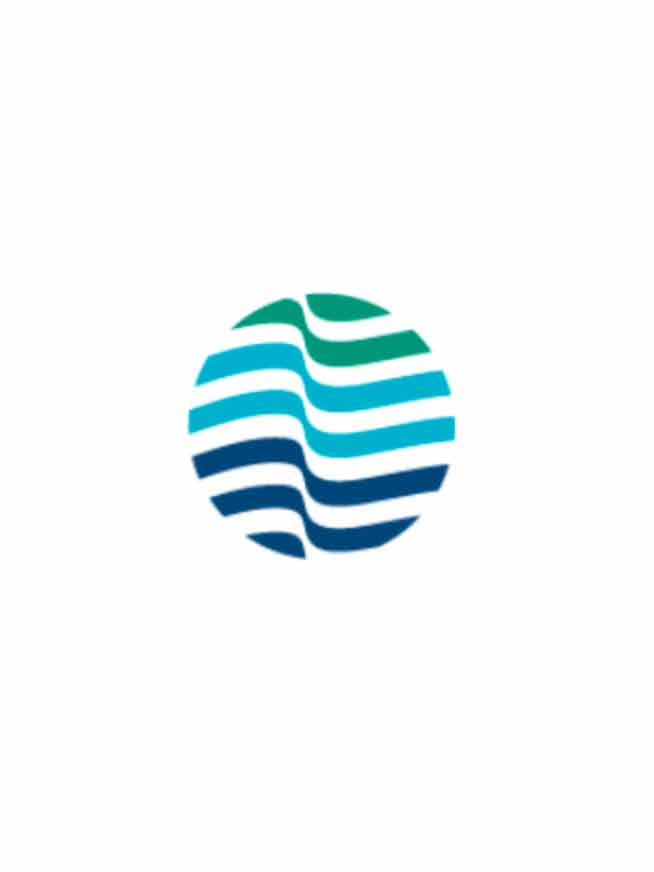
The Water Resilience Coalition and the World Economic Forum’s Water Futures Community Join Forces to Accelerate Business Action for Global Water Resilience
January 13, 2026 | announcement
Fourth report in national series provides six core attributes, 19 criteria, and over 60 legal strategies for frontline communities and their supporters to shape equitable water laws in a changing climate
December 2025 Newsletter
December 22, 2025 | announcement
The monthly newsletter features the Pacific Institute’s research, publications, news about past and upcoming Institute staff outreach efforts, and media coverage of its work and analysis.
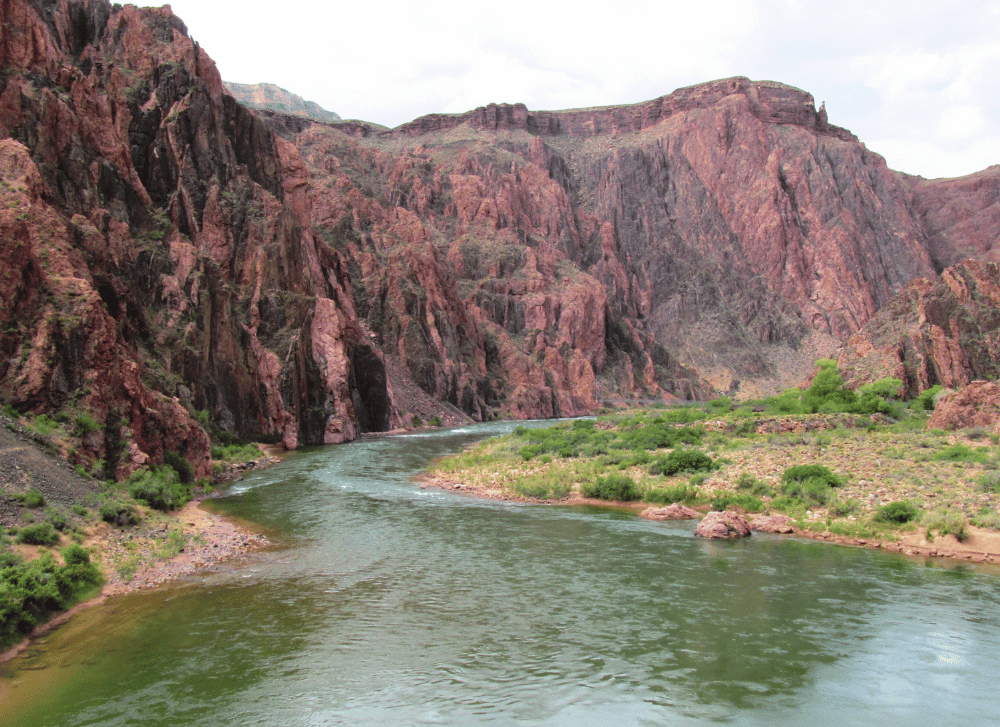
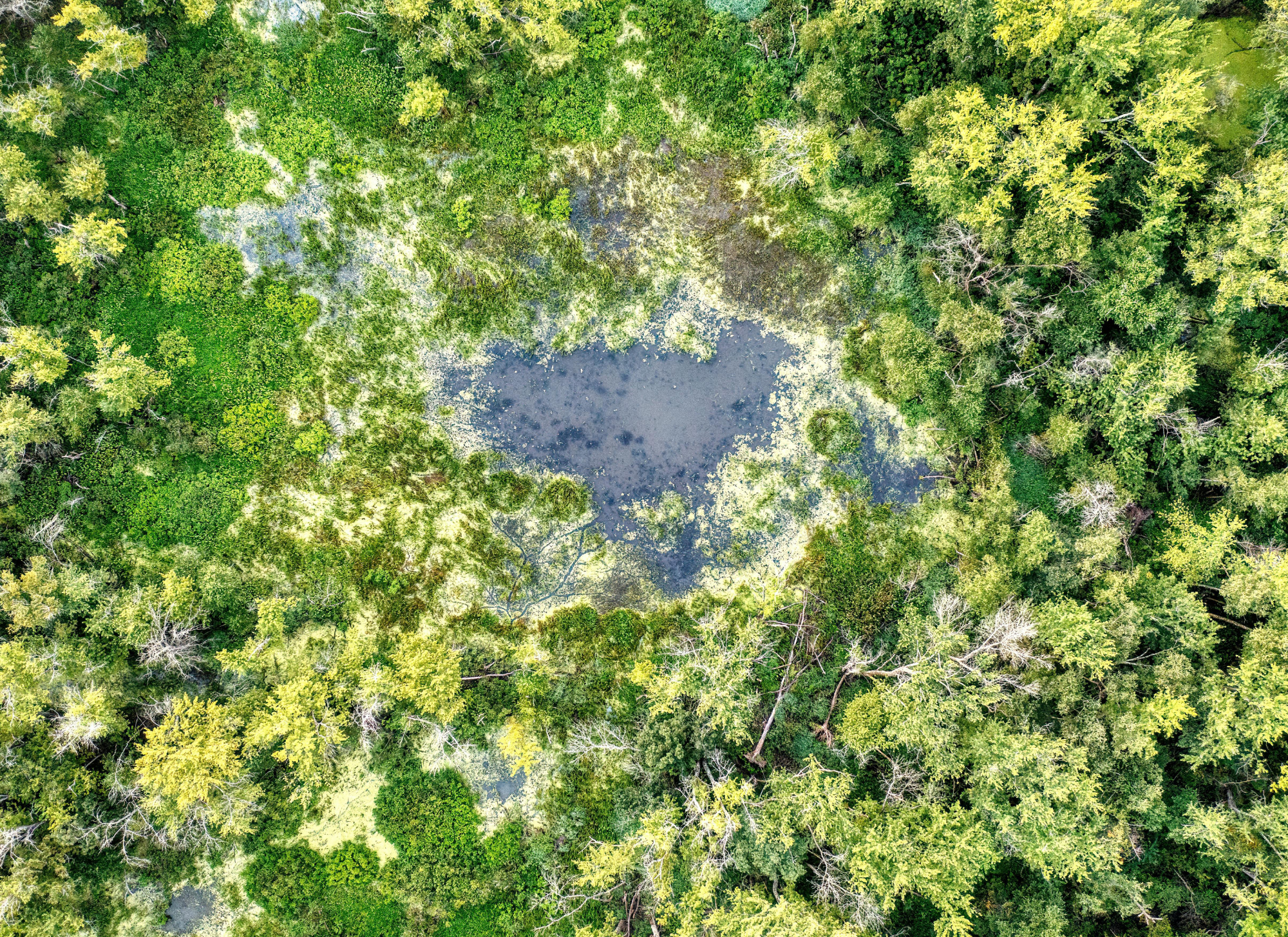
A Year-End Conversation with Jason Morrison
December 2, 2025 | post
3rd Annual California Water Resilience Forum highlights growing momentum and investment across sectors
November 2025 Newsletter
November 26, 2025 | announcement
The monthly newsletter features the Pacific Institute’s research, publications, news about past and upcoming Institute staff outreach efforts, and media coverage of its work and analysis.

New Report Introduces First Legal Blueprint for Climate-Resilient Water and Sanitation in the U.S.
November 19, 2025 | announcement
Fourth report in national series provides six core attributes, 19 criteria, and over 60 legal strategies for frontline communities and their supporters to shape equitable water laws in a changing climate
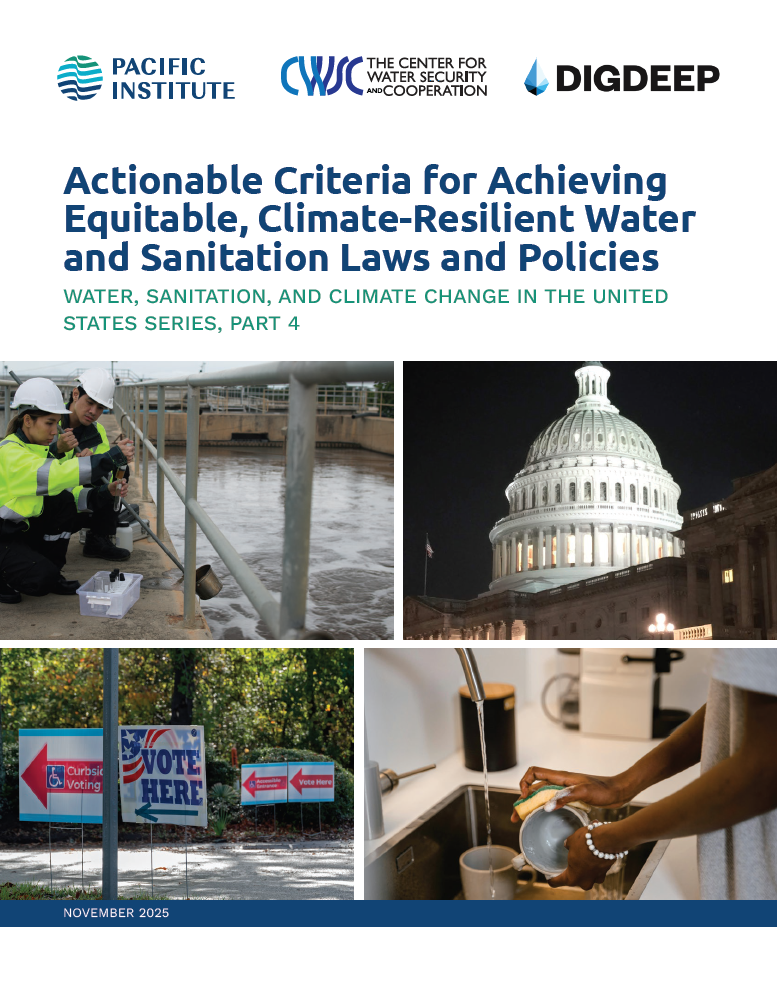
Actionable Criteria for Achieving Equitable, Climate-Resilient Water and Sanitation Laws and Policies: Water, Sanitation, and Climate Change in the United States Series, Part 4
November 19, 2025 | publication
Launched by the Pacific Institute and the Center for Water Security and Cooperation (CWSC), this fourth report in the Water, Sanitation, and Climate Change in the United States series offers the most comprehensive framework to date for assessing whether US laws are supporting or hindering our ability to secure safe, reliable water and sanitation in a changing climate.
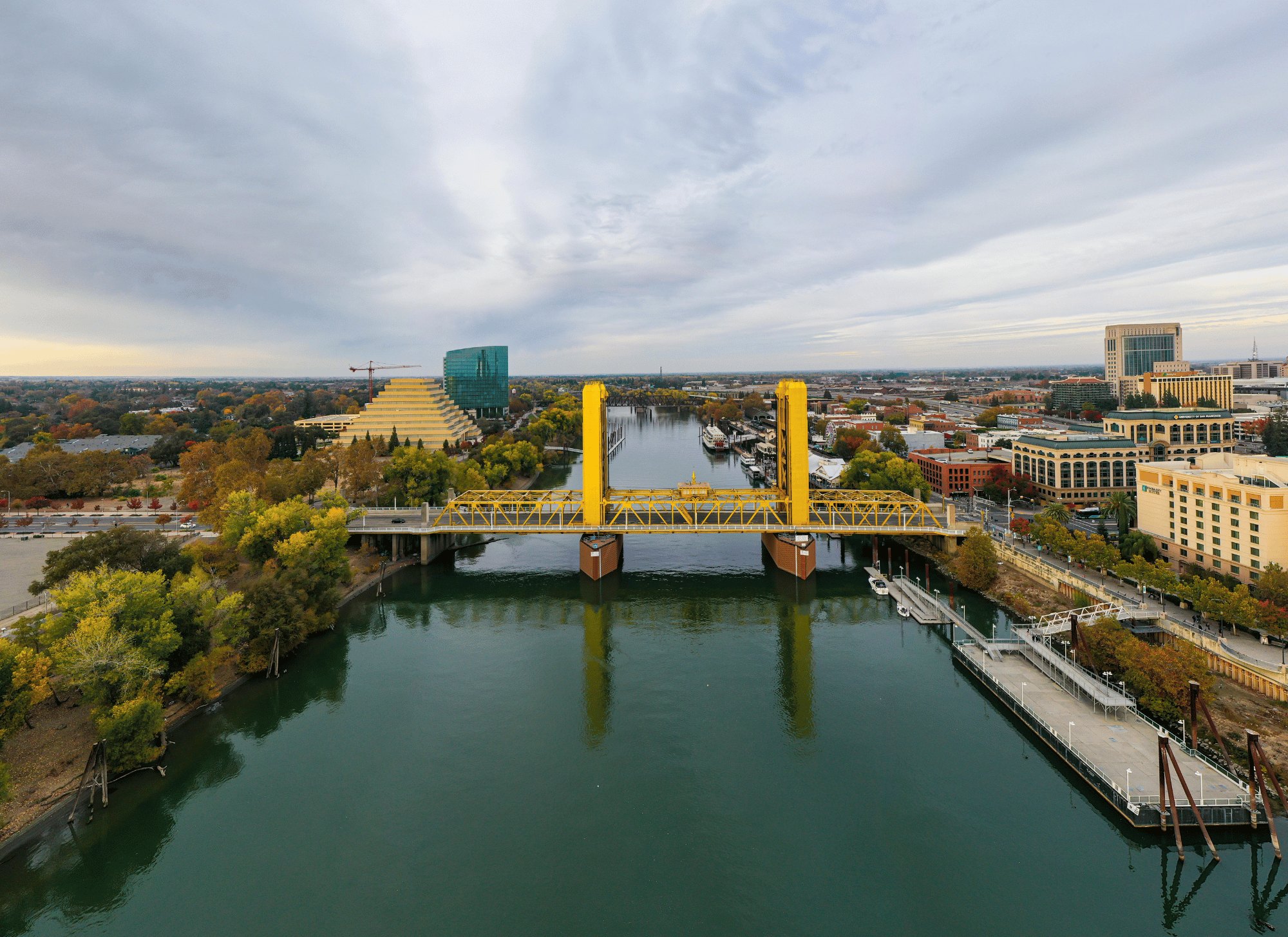
Pacific Institute Convenes Leaders to Accelerate Corporate Action on Water Resilience in California
November 13, 2025 | post
3rd Annual California Water Resilience Forum highlights growing momentum and investment across sectors

Pacific Institute Analysis Finds Surge in Reported Water-Related Violence
November 11, 2025 | announcement
New analysis shows sharp increase in incidents where water is a trigger, weapon, or casualty of violence.

Air Pollution and Health in the Coachella Valley
November 3, 2025 | post
This summer, the Pacific Institute, a global nonpartisan think tank, released “Breathing Hazard: Air Pollution in the Salton Sea Region,” describing and assessing complex and growing air quality threats in the valley. The Salton Sea – about 35 miles southeast of Palm Springs – is California’s largest lake and a major stopover for hundreds of species of migratory birds.
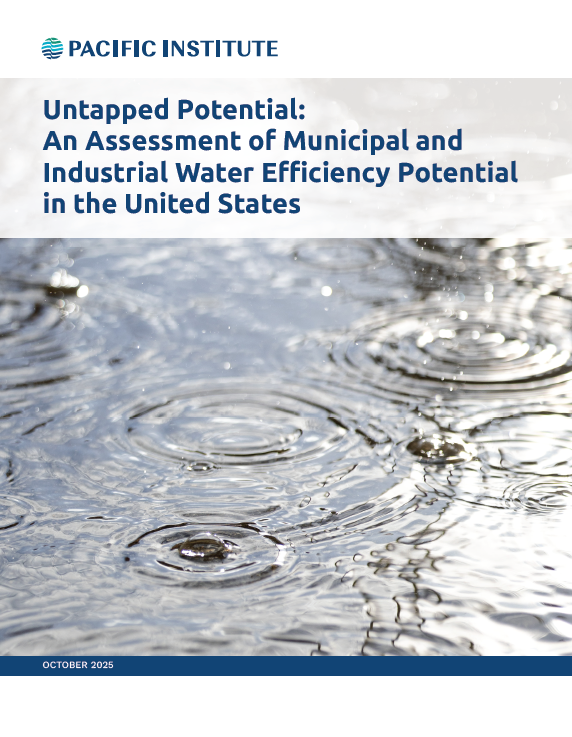
Untapped Potential: An Assessment of Municipal and Industrial Water Efficiency Potential in the United States
October 28, 2025 | publication
A new first-of-its-kind assessment from the Pacific Institute finds that improving water efficiency in U.S. homes, businesses, institutions, and reducing leakage in water distribution systems, can save 14.0 to 34.1 million acre-feet of water per year (12.5 to 30.4 billion gallons per day).

New Pacific Institute Report Finds Huge Potential to Save Water Across the U.S. Through Efficiency
October 28, 2025 | announcement
First-of-its-kind national assessment shows efficiency can cut municipal and industrial water use by 25% to 60%, strengthening the economy and delivering environmental and resilience benefits.
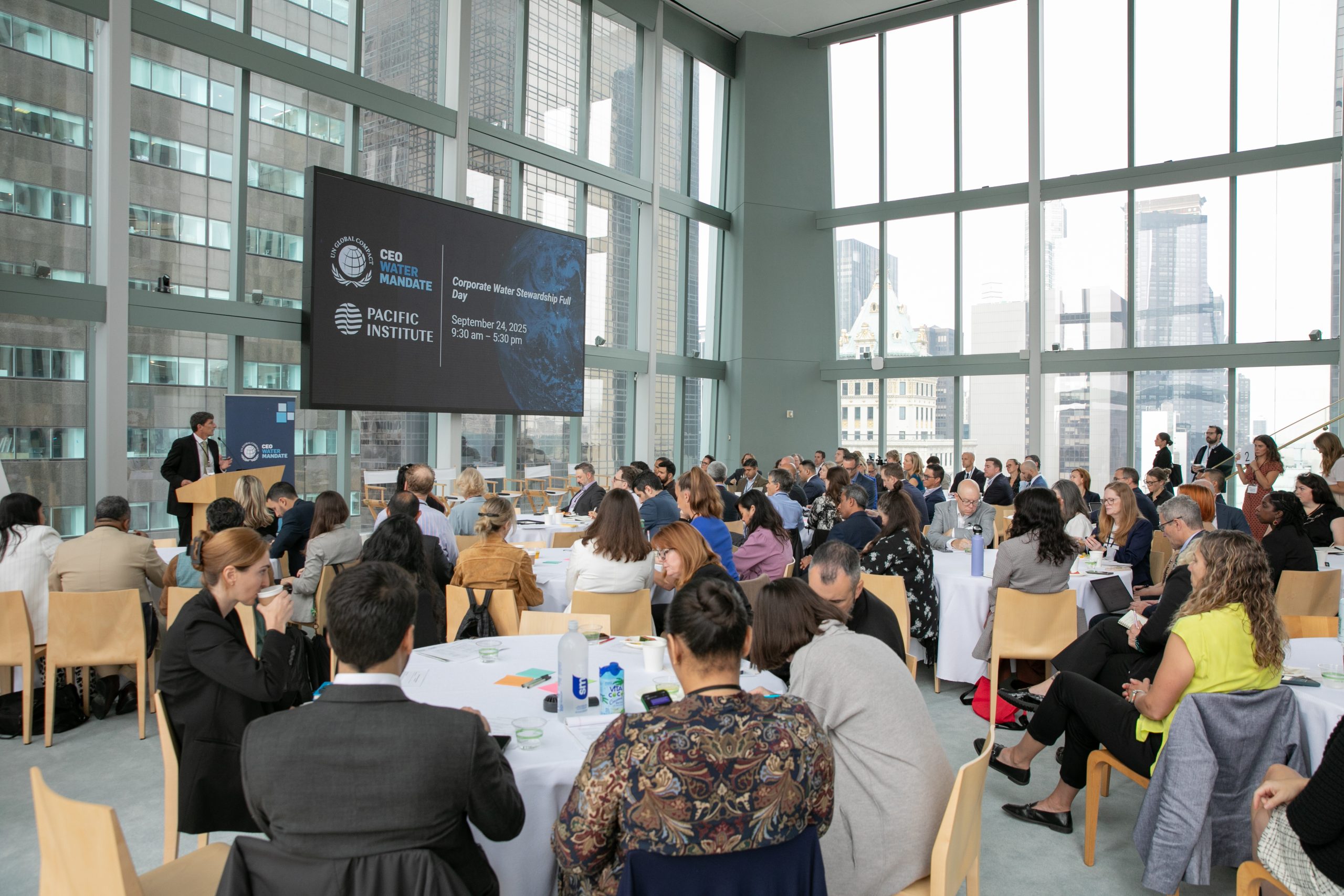
Building Momentum for Corporate Water Stewardship: CEO Water Mandate and Water Resilience Coalition Participation at New York Climate Week and UN General Assembly 80
October 24, 2025 | post
As world leaders, companies, and changemakers gathered in New York for Climate Week and the 80th United Nations General Assembly, one message came through loud and clear: Water resilience is at the core of business strategy.

October 2025 Newsletter
October 24, 2025 | announcement
The monthly newsletter features the Pacific Institute’s research, publications, news about past and upcoming Institute staff outreach efforts, and media coverage of its work and analysis.
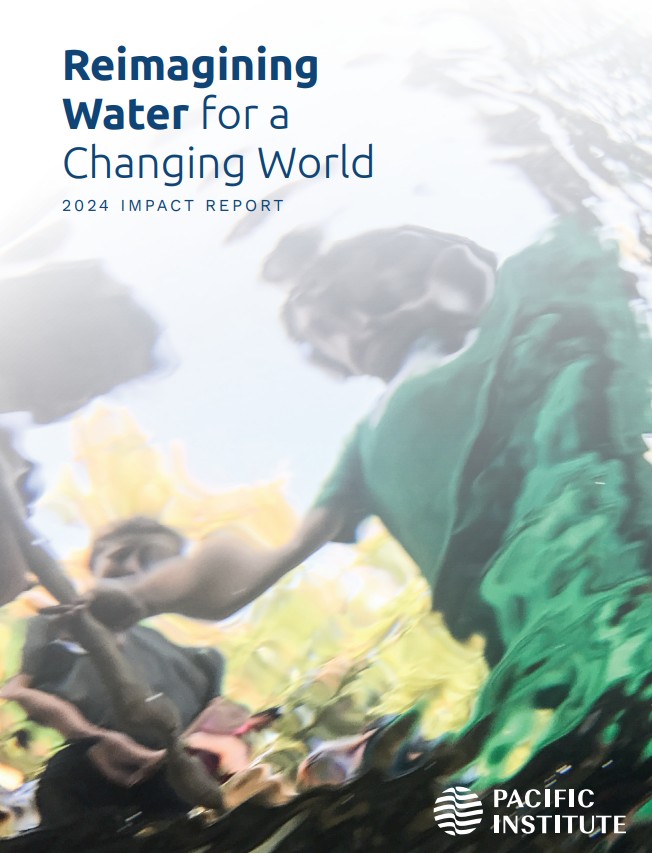
Pacific Institute 2024 Impact Report: Reimagining Water for a Changing World
September 30, 2025 | publication
We are at a critical moment in history, and 2024 again proved that the need for the Pacific Institute’s work has never been greater. During 2024, the Pacific Institute launched a new Strategic Plan outlining objectives across four Impact Areas: Water Efficiency and Reuse, Nature-Based Solutions, Water Equity, and Corporate Water Stewardship. In 2024, our impact was broad, as our work influenced policies, practices, investments, and other decisions across the public and private sectors.
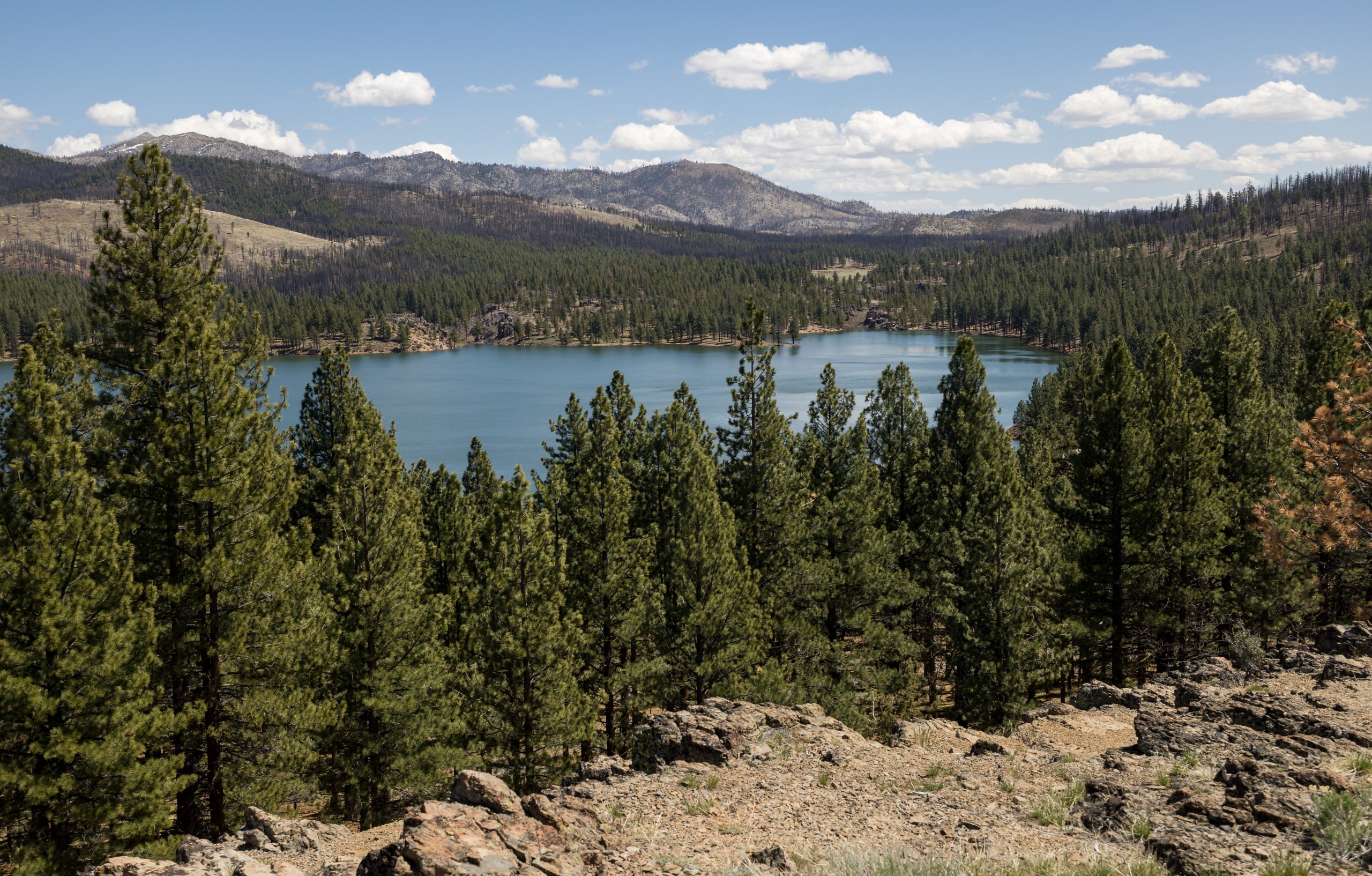

September 2025 Newsletter
September 26, 2025 | announcement
The monthly newsletter features the Pacific Institute’s research, publications, news about past and upcoming Institute staff outreach efforts, and media coverage of its work and analysis.

130+ Strategies for Resilient Rural Water and Sanitation Across the United States
September 9, 2025 | announcement
A new report released today by the Pacific Institute, a nonpartisan water think tank, outlines over 130 actionable strategies for rural communities across the United States to strengthen the climate resilience of water and sanitation systems. “Strategies for Resilient Rural Water and Sanitation in the US” showcases tangible actions communities are already implementing.
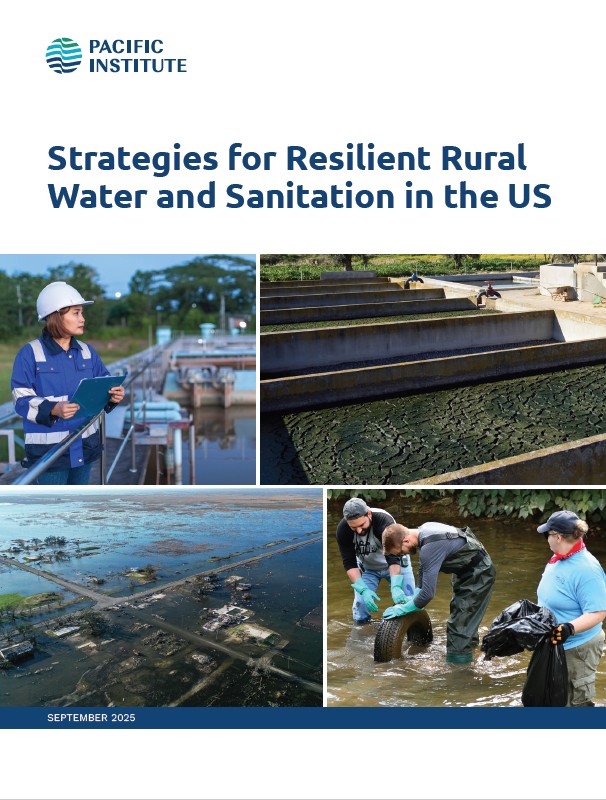
Strategies for Resilient Rural Water and Sanitation in the United States
September 9, 2025 | publication
Developed in collaboration with the Livelihoods Knowledge Exchange Network (LiKEN), rural communities, and rural technical assistance providers, the report outlines over 130 actionable strategies and approaches for rural communities across the United States to strengthen the climate resilience of water and sanitation systems.

August 2025 Newsletter
August 29, 2025 | announcement
The monthly newsletter features the Pacific Institute’s research, publications, news about past and upcoming Institute staff outreach efforts, and media coverage of its work and analysis.
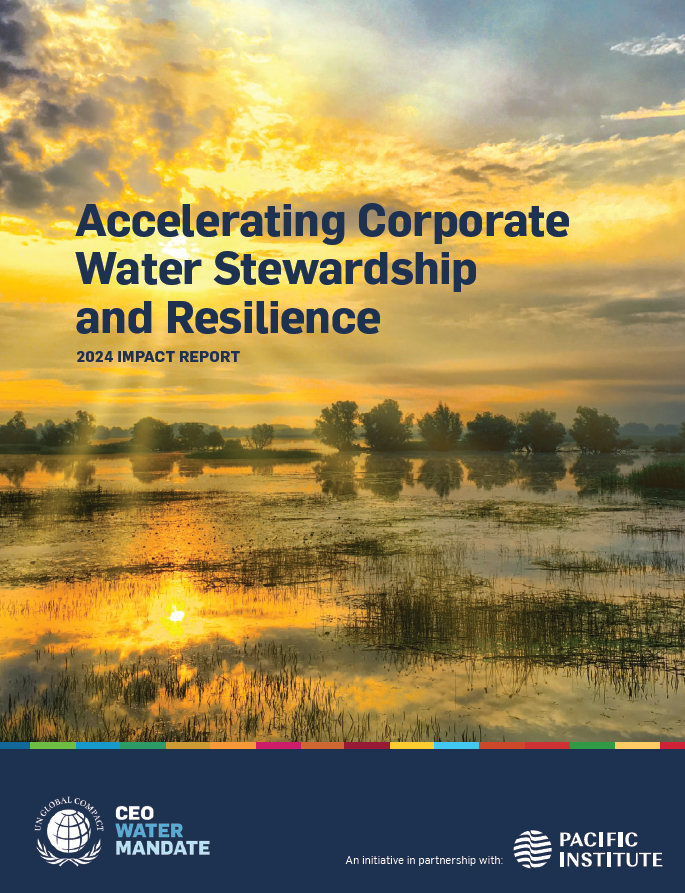
CEO Water Mandate 2024 Impact Report: Accelerating Corporate Water Stewardship and Resilience
August 19, 2025 | publication
In 2024, the CEO Water Mandate accelerated global corporate action on water, marking a pivotal year in our journey towards a water-resilient future. We are proud to share that 2024 was a year of exponential growth for the CEO Water Mandate, which nearly doubled in size to include nearly 400 endorsing companies, representing a powerful cross-section of industries, sizes and geographies. This momentum reflects a growing recognition that water is essential to business success and that the private sector has both a unique responsibility and a unique ability to drive scalable, lasting solutions to the global water crisis.
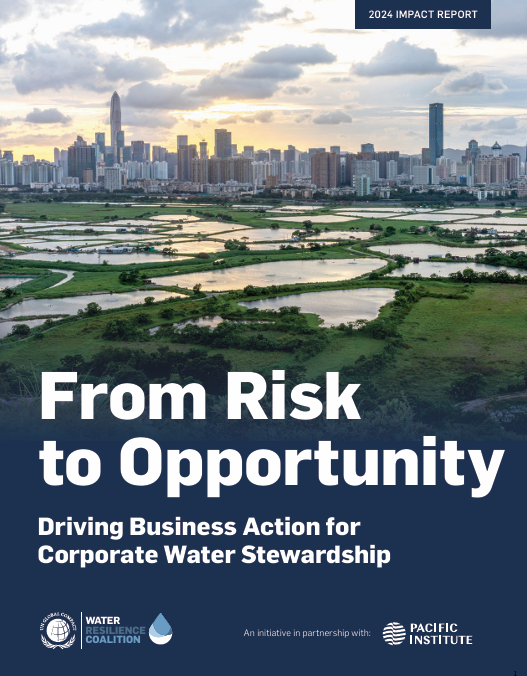
Water Resilience Coalition 2024 Impact Report: From Risk to Opportunity – Driving Business Action for Corporate Water Stewardship
August 19, 2025 | publication
The Water Resilience Coalition has released its 2024 Impact Report "From Risk to Opportunity: Driving Business Action for Corporate Water Stewardship" highlighting the strides made towards a water-resilient future. Dive into the WRC’s progress, highlights from collective action in priority basins, and the road ahead.
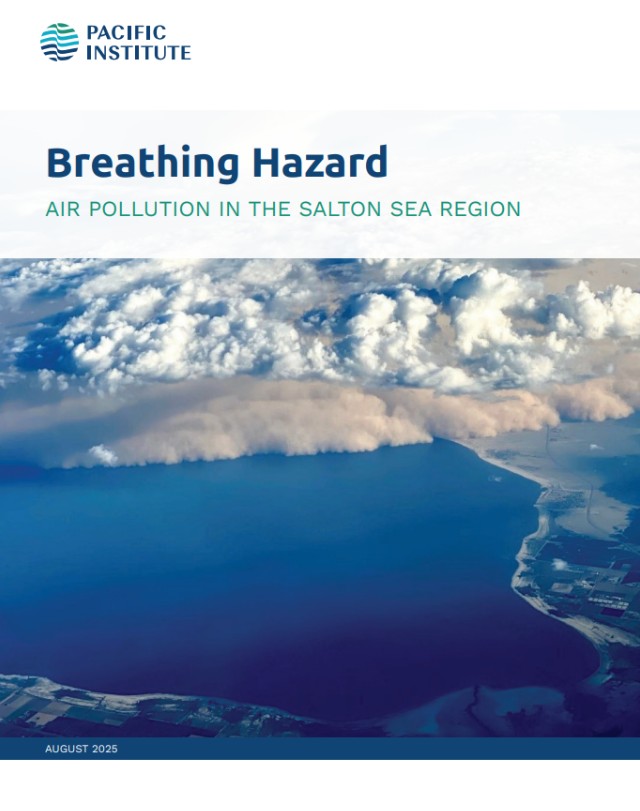
Breathing Hazard: Air Pollution in the Salton Sea Region
August 14, 2025 | publication
This report assesses the complex and growing air quality threats in the Salton Sea region of southeastern California and outlines more effective strategies to protect public health.

New Pacific Institute Report: Shrinking Salton Sea Just One Part of a Larger Air Pollution Problem
August 14, 2025 | announcement
A new report released today by the Pacific Institute, a global nonpartisan think tank, assesses the complex and growing air quality threats in the Salton Sea region of southeastern California and outlines more effective strategies to protect public health.
Page 1 of 43


